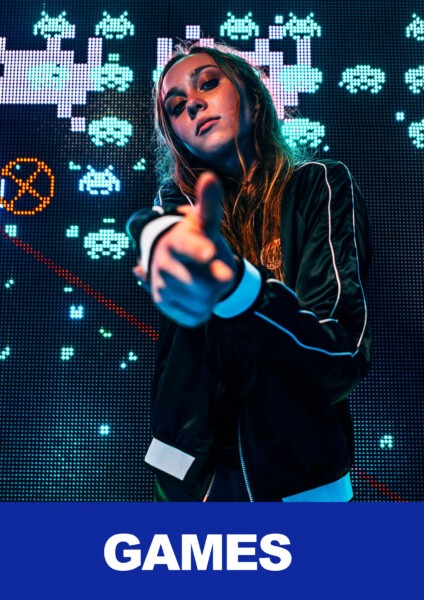Valve recently shared exciting news that Steam is now open to games created with the assistance of generative AI tools, provided proper disclosure is made. As we eagerly await forthcoming releases, it’s heartening to know that transparency is a key focus.
In a survey conducted by the organizers of the Game Developers Conference, insights from over 3,000 game developers revealed that 31% personally incorporate generative AI in their work, while an additional 18% mentioned its usage by colleagues in their workplace. This means that nearly half of game studios, or 49%, are utilizing generative AI in various capacities, although its subtle impact may not always be immediately apparent based on survey responses.
Generative AI tools draw significant attention, especially when applied to create artwork, writing, and voices that directly shape the player’s experience. Criticism has been directed towards games like Square Enix’s Foamstars and The Finals for their use of AI, highlighting the need for responsible implementation. However, it’s essential to note that not all generative AI applications are visible or audible. For instance, tools like ChatGPT and GitHub Copilot are employed to streamline coding processes, aligning with developers’ interests in coding assistance and content creation acceleration, as per the survey organizers.
Interestingly, generative AI finds a robust presence in finance, marketing, PR, production, and management within the games industry, with narrative, art, audio, and QA departments exhibiting less frequent usage, according to the survey findings.
While generative AI’s prevalence is evident, not all its applications receive explicit approval within companies. Anecdotal accounts, such as Silicon Valley tech workers clandestinely using ChatGPT for coding assistance, underscore the complexity of navigating AI use within workplace dynamics. Surprising instances, like Magic: The Gathering’s AI-generated elements revelation, further emphasize the need for clear policies and ethical considerations.
Only 12% of respondents reported their company having a strict policy against generative AI, with 7% allowing certain tools while prohibiting others. The majority either operates without a specific policy or offers employees the option to use generative AI tools at their discretion.
Despite the widespread adoption of generative AI, ethical concerns are paramount. A notable 42% of respondents express being “very concerned” about the ethical implications, another 42% are “somewhat concerned,” and 12% feel no concern at all. Developers emphasize the need for responsible use, advocating for AI to enhance capabilities rather than replace jobs.
The conversation extends beyond individual companies, with calls for industry-wide regulations to address copyright and ethical considerations. As the gaming landscape evolves, it’s evident that a balanced approach is crucial to harness the potential of generative AI responsibly.
In a shift of focus, this year’s GDC survey also reveals a decline in interest in NFTs and cryptocurrency, with 27% fewer developers expressing enthusiasm compared to the previous year.












